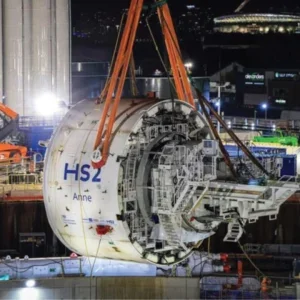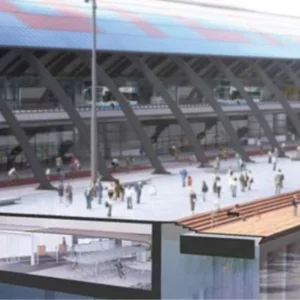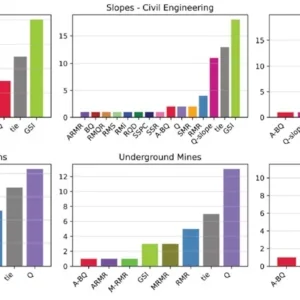What that means for Scotland and Northern Ireland remains to be seen, as both regions have expressed growing feelings marginalisation by the far larger England.
But there are reasons for the construction industry to be optimistic. Conservative leader Boris Johnson managed to win over a number of poorer, traditionally Labour-voting constituencies in the north of England and there are rumours that he wants to shore up his popularity there with a GBP 100bn (USD 131bn) splurge. A reserve fund of capital might be unlocked to fund infrastructure in these areas.
It is a common accusation that all of the parties, but particularly the right-leaning Conservatives, disregard England’s north and prioritise investment spending in the south, especially London. Johnson will hopefully move to change this perception, and has already made speeches to the effect that he intends to lead a government for the whole of the nation.
We will have to follow the money and judge for ourselves, but the uncertain times ahead would be a good time to stimulate the economy through investment, and upgrade and supplement our ageing infrastructure.
Borrowing restrictions are set to be relaxed, but that still may not be enough for the High Speed 2 megaproject. As I write this in the immediate aftermath of the general election, it is still not possible to say anything further on the at-risk project. New Civil Engineer recently reported on a secret briefing where the Prime Minister was advised that the cost would in face be GBP 110bn (USD 144bn), if true, this means that it has jumped in price by an entire Crossrail from an earlier GBP 88bn (USD 115bn) figure.
The argument for the project is still not being made to the public properly, with the view now being propagated that the construction of a new railway will be an environmental catastrophe.
Yet there is still no mention of credible alternatives from the opposition. Increased car use is the cost of inaction on the struggling rail network, and is something that we desperately need to avoid as a society.
Turning back to positives, in this decade both the British Tunnelling Society and the International Tunnelling Association will turn 50. It is a time to reflect on successes and achievements, and to consider any changes that might help improve matters in the years to come.






